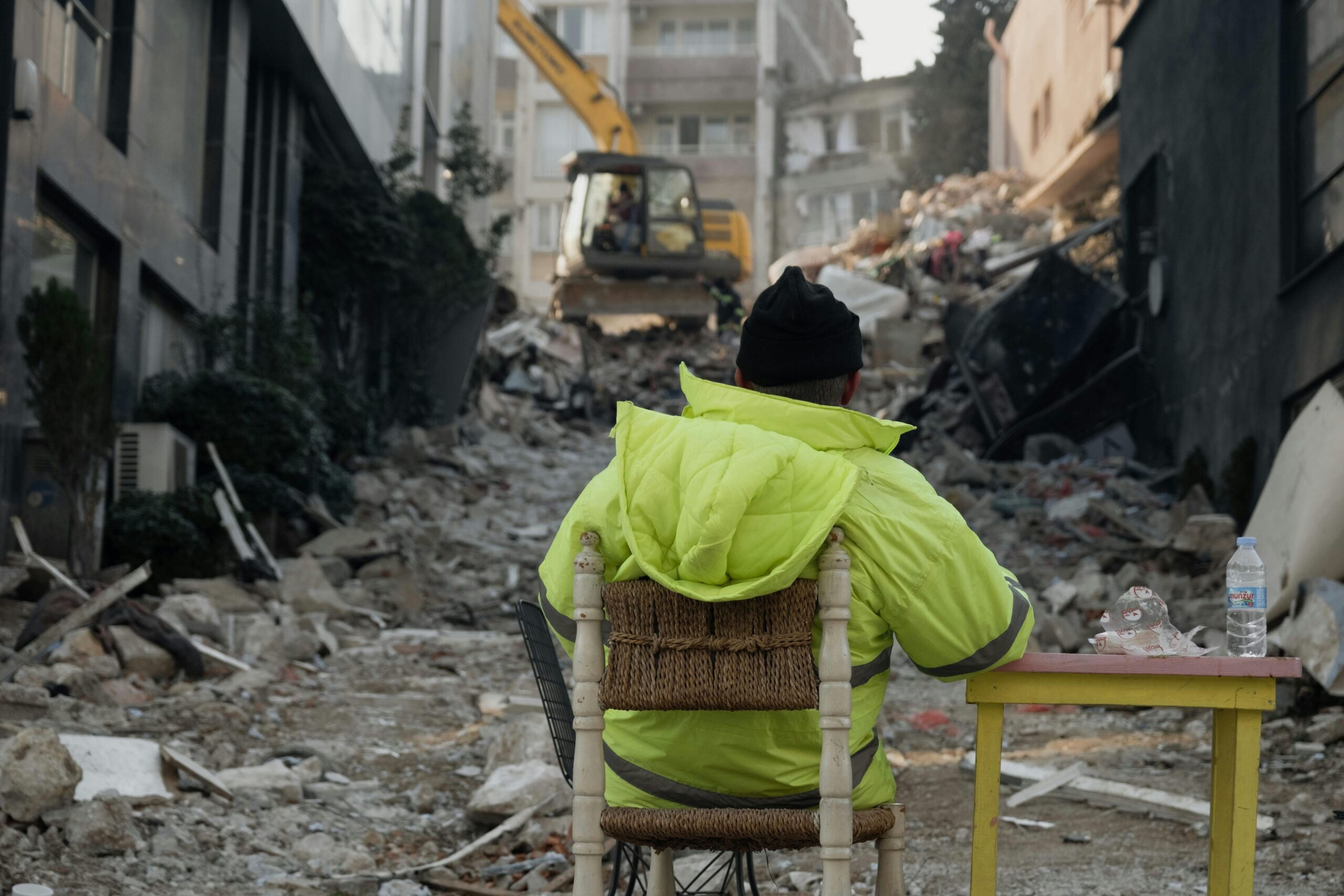
A powerful earthquake strikes Southeast Asia, leaving thousands feared dead, buildings in ruins, and fears of catastrophic flooding on the rise.
A devastating earthquake has rocked Thailand and Myanmar, causing widespread destruction, leaving thousands feared dead, and triggering urgent rescue efforts. With damaged infrastructure and fears of dam collapses, authorities are working tirelessly to prevent further catastrophe.
Critical Details
A powerful 7.7-magnitude earthquake struck near Mandalay, Myanmar’s second-largest city, earlier today, followed by a 6.4-magnitude aftershock just minutes later. The US Geological Survey estimates potential fatalities between 10,000 and 100,000. Hospitals in Naypyidaw, the capital of Myanmar, are overwhelmed, treating injured victims outside due to overcrowding.
Emergency Response & Infrastructure Concerns
One of the most pressing concerns is the potential collapse of key dams, which could lead to catastrophic flooding. Authorities in affected areas are urging residents to stay vigilant and prepare for evacuation if necessary.
In Mandalay, a mosque collapsed during prayers, resulting in multiple fatalities. In Bangkok, Thailand, high-rise buildings swayed violently, and residents fled in panic as alarms blared across the city. Witnesses reported water cascading from rooftop pools, further adding to the chaos.
Rescue teams are actively searching for survivors. In Thailand, a high-rise under construction collapsed, killing at least three workers and leaving 90 others missing. In Myanmar, a historic 90-year-old bridge crumbled, and vital roadways sustained significant damage, complicating relief efforts.
Myanmar’s Challenges and Global Response
Myanmar, already grappling with a four-year civil war, is facing severe challenges in disaster response. With hospitals struggling to manage the influx of injured people, humanitarian aid is urgently needed.
International organizations and governments are stepping up to assist. Aid shipments, medical teams, and emergency relief efforts are being mobilized. Thai Prime Minister Paetongtarn Shinawatra has returned from an official visit to coordinate response efforts.
Call for Immediate Action
Governments, humanitarian organizations, and the international community must act swiftly to provide aid and support the affected regions. Relief efforts will focus on search-and-rescue missions, medical assistance, and stabilizing infrastructure.
Authorities continue to monitor for aftershocks and advise residents to take necessary precautions.
-
Credit: Envato Elements Let’s be honest—traveling around Europe is a dream we all share, but there’s a not-so-fun side...
-
Canada’s Labor Minister, Steven MacKinnon, has taken decisive action to end the recent labor disruptions affecting key ports in...
-
In a significant development, over 30,000 Boeing workers have rejected a new offer from the company, which included a...
-
Chinese President Xi Jinping delivered a strong message of resilience and determination during a speech commemorating the 75th anniversary...
-
In a historic move, Volkswagen AG, one of the leading global automakers, announced it is considering the closure of...
-
Massive train disruptions struck central Germany this Saturday, leaving hundreds of passengers stranded and scrambling for information at Frankfurt’s...
-
The Middle East has stepped back from the edge of a broader conflict, at least for the moment, after...
-
Pakistan has been grappling with significantly slow internet speeds for weeks, sparking debate over the cause of the connectivity...
-
On the eighth day of the track and field events at the 2024 Paris Olympics, Arshad Nadeem of Pakistan...
-
The recent anti-immigrant riots in the United Kingdom serve as a stark reminder of how unchecked misinformation on social...
-
In a tragic turn of events, the death toll from two landslides in a remote region of southern Ethiopia...
-
In a dramatic and unprecedented public declaration, Shaikha Mahra bint Mohammed bin Rashid Al Maktoum, daughter of Dubai’s ruler,...




















